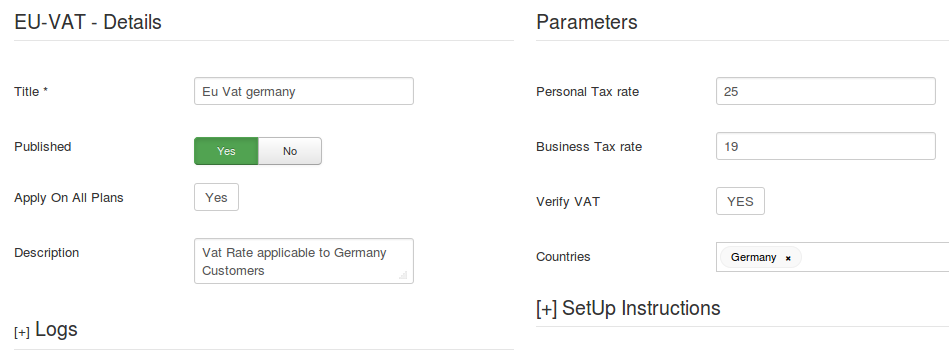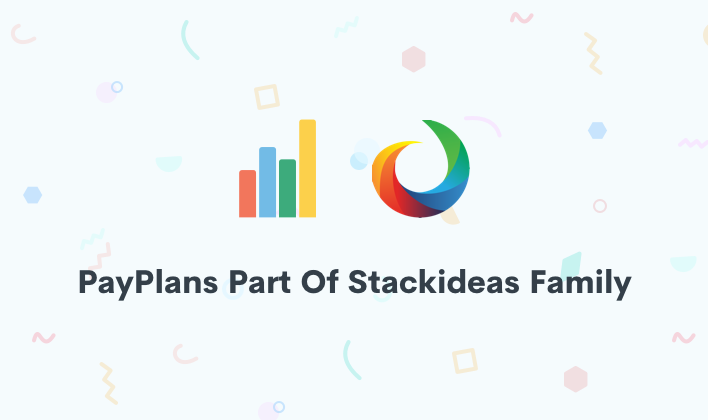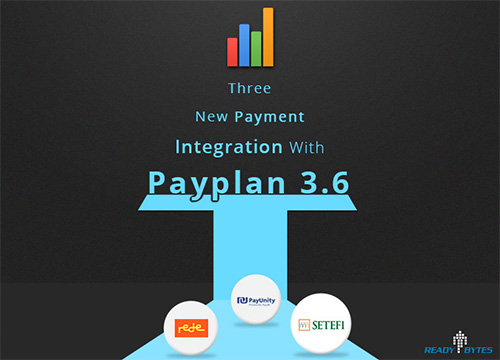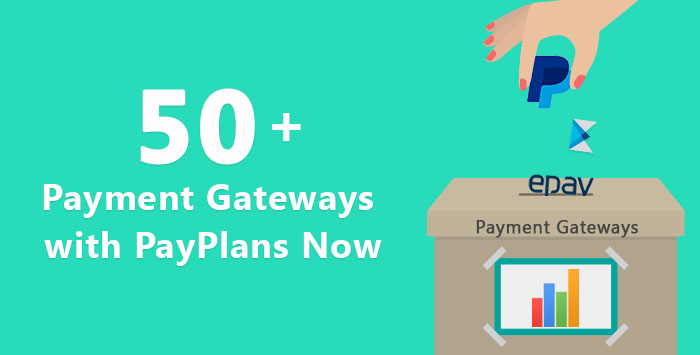New Eu Vat on digital services will kill online ecommerce business !!
Handle EU-VAT taxation with Payplans

With 1/1/2015 new Eu Vat is ready to affect your business.
What does new Eu Vat Regulation implies ?
From 1st Jan 2015, new rule for Value Added Tax (VAT) is
applicable on supply of digital services by Business to Consumers in
EU. This means instead of paying the VAT in the country where your
company is registered, it will now need to be paid where the consumer
resides (If they are from the EU)
Whose business is going to get impacted with this ?
The legislation applies to digital products only
(telecommunications, broadcasting and e-services), such as Joomla
extension providers, downloaded applications, e-books, music, games,
online courses etc. If you have a physical store then taxes will apply
as before, so nothing to worry till 2016. And if you are selling both
then you have to maintain 2 different Tax rate for di.
Does all business who supply digital services get affected ?
If you supply any service or goods to any of the European
customer (B2C Model) irrelevant of the place you belong, then your
business have to comply with this new rules. A person living in Germany
pays a US company for to get access of any digital goods. Then US
company should charge the German customer with German Vat rate.
How can you deal with it ?
There are three options available :-
Register for VAT in each EU member state where your business
has sales. Potentially, this can mean registering with 28 tax
authorities.
Register with new system VAT Mini One Stop Shop (VAT MOSS).
Submit a single quarterly return and payment to HM Revenue and Customs
(HMRC) and reduce your administrative burden. Rest HMRC will send an
appropriate part of tax to relevant country.
- Don't Sell into EU, I know its isn't viable.
Hidden Challenges with this new Rule !
No Threshold Limit - If you sale to single
customer in a country even a product of 1$, you have to register for
vat system of that country ie there is no minimum threshold limit.
**Knowing the vat rates** - You have to remember Vat rate of 28
member states apart from your country. These vat rates varies from 15%
(Luxembourg) to 27% (Hungary). Not just this, you have to monitor
correct rate wrt time changes. Now think for **accounting expense** for
this.
**Keeping Records**- Need to keep track of records of**10 years**.
So it's advisable to to set up some proper accounting software, as
Payplans will not fully serve the purpose here since it is not an
accounting software.
**Record Location**- Keep**track of their location** using any of
the process like credit card information, billing address, Ip address
etc
How Payplans will help you to adopt these regulations?
Payplans architecture is quite flexible which allows you to
create different eu-vat rules for different countries to properly
manage your taxable income.
During checkout process consumer needs to select his / her
country and respective tax rate will get applied.
Invoice With Eu Vat
Handle different tax rates for business and personal systems.
Eu-Vat App DetailsInvoice With Eu Vat
For collecting record location information like credit card
information, billing address, Ip address etc, you may use [user details](/blog?tag=payplans)
/ [subscription details](/blog?tag=payplans) apps of Payplans.
The new regulations were put to take more VAT from big online
players like Amazon, Apple, Google, Microsoft who used to sell most of
their content from Luxembourg which has the lowest VAT rate in the EU
but now it put burdens onto small business.
**Note of Disclaimer** - The above things are the best of
knowledge what we understand from new EU VAT regulations. So we
strongly suggest to consult all these with your
Accountant / CA / Taxable representative who look after your finance
system.
Anything to share?
If you have any additional tips or advice, share them in the
comments section below!

Shyam Verma
Full Stack Developer & Founder
Shyam Verma is a seasoned full stack developer and the founder of Ready Bytes Software Labs. With over 13 years of experience in software development, he specializes in building scalable web applications using modern technologies like React, Next.js, Node.js, and cloud platforms. His passion for technology extends beyond coding—he's committed to sharing knowledge through blog posts, mentoring junior developers, and contributing to open-source projects.


